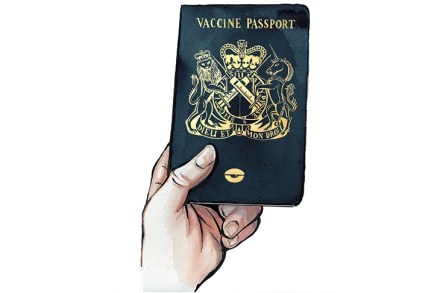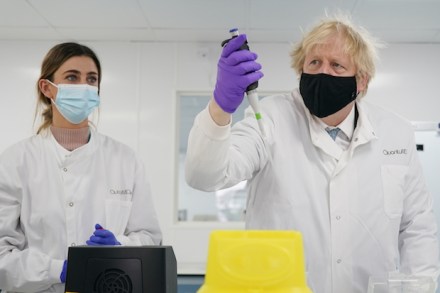The case for immunity passports
For more than 20 years, I’ve been raging away at pointless rules. When my blood’s up, there’s not a foam-flecked Tory backbencher that can hold a candle to me. My friends blanch when I start on again about risk aversion in the C of E, dogs banned from beaches, the pond-weed creep of health and safety. I can ruin dinner parties, easily. And yet the idea of vaccination passports, which has my freedom-loving friends fit to be tied, leaves me quite calm. Bring them on, I say, and quickly. I don’t for a moment believe that Covid immunity cards are the first step on the dismal path to a Chinese-style social credit




















